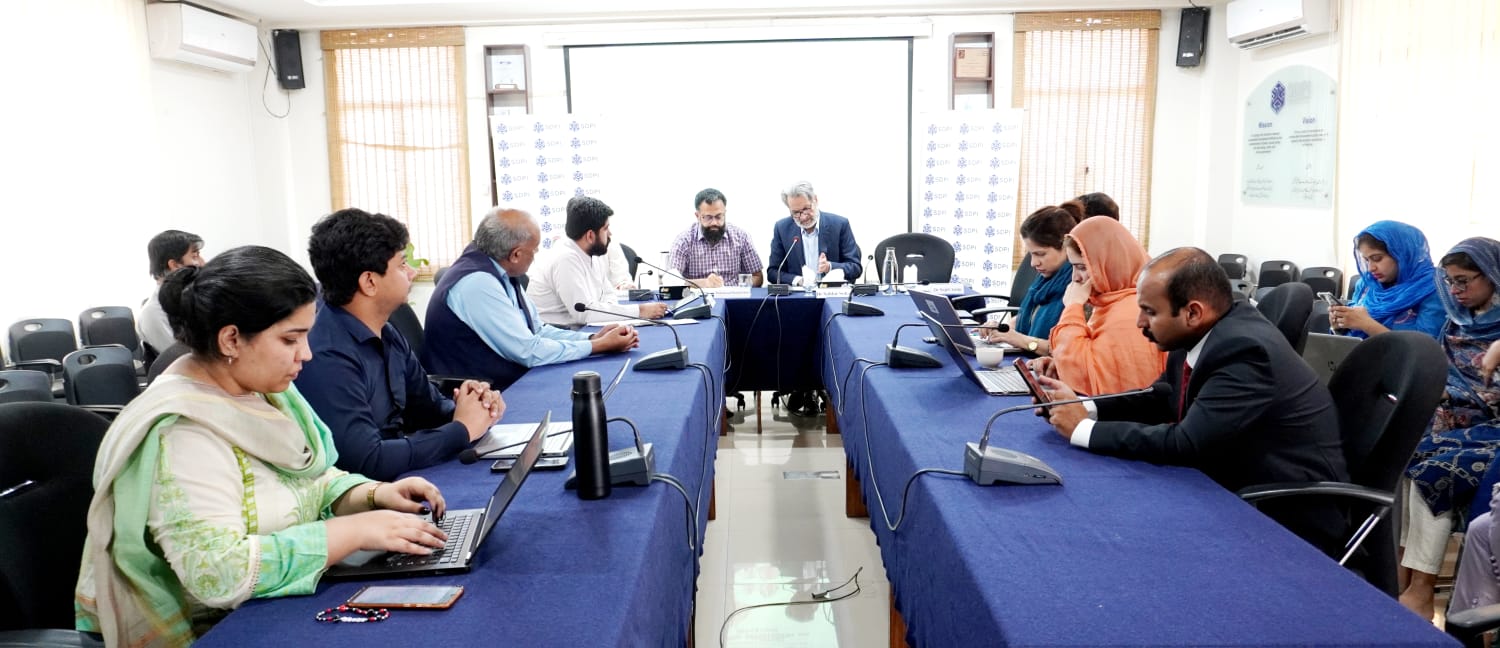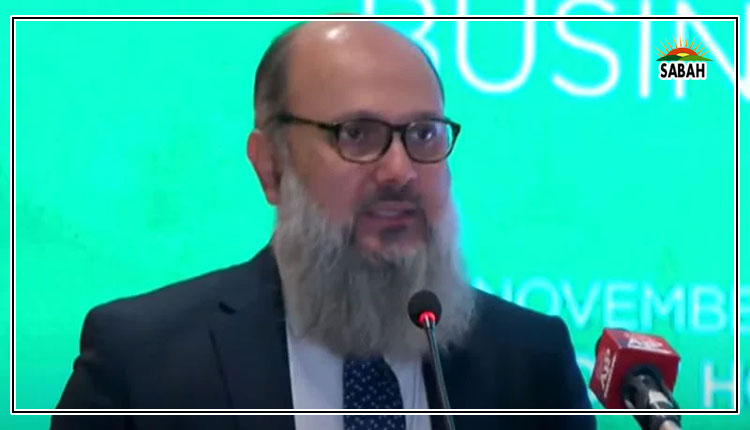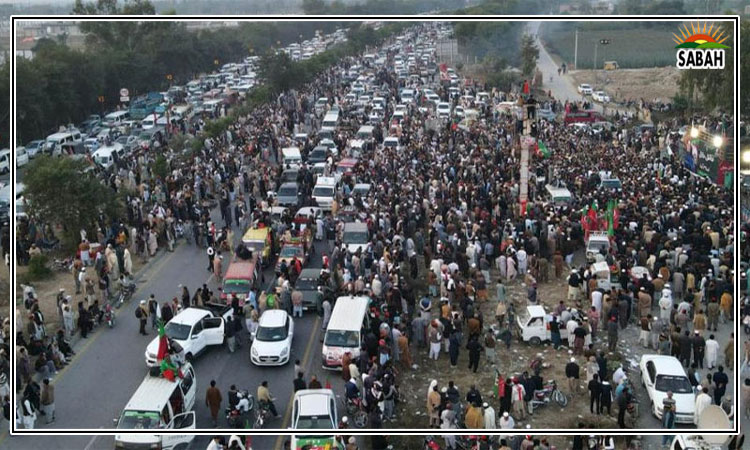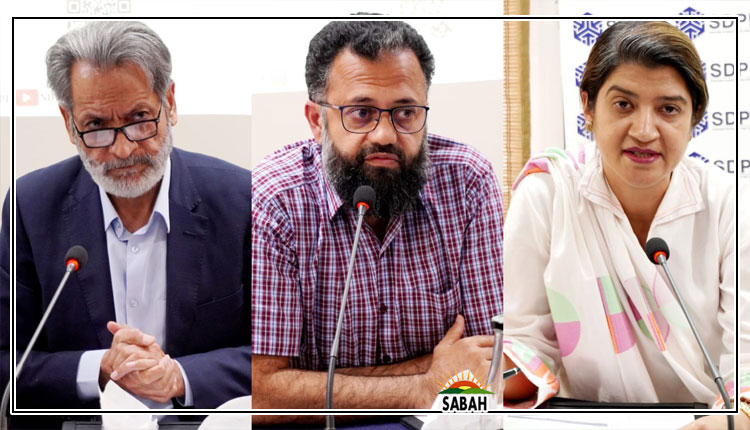Experts for grassroots level approaches & livelihood generation for sustainable poverty graduation
ISLAMABAD, Oct 03 (SABAH): Experts stress the need for reforming the current social protection system beyond income transfers for effective graduation out of poverty amidst current economic pressures.

The seminar titled “Social Protection in Pakistan: Challenges, Opportunities and Innovations” was organized under the Sustainable Development Policy Institute’s (SDPI) Monday seminar series.
The experts at the seminar said the country’s social protection system needed to focus on poverty alleviation through novel approaches empowering the vulnerable communities through grassroots level approaches and dedicated infrastructures for the purpose.
Executive Director, Social Protection Resource Centre (SPRC) Dr. Safdar Sohail said that Benazir Income Support Programme (BISP) was an efficient endeavor for delivery system and enlisting under-under-privileged households. However, despite being an essential lifeline for many households, the consumption smoothening only meets about 20% of the household food needs. He urged the government to cover healthcare among social protection to relieve low-income households from the pressure of out-of-pocket health expenditures and prevent private entities from exploiting people. He said that by improving health indicators, the government can effectively mitigate several issues that increase the need for social protection. He further added that initiatives like Universal Basic Income in underprivileged communities can increase the prospects of poverty graduation and address issues like early child marriages at the same time.
Mohammad Mustafa Khan, Technical Advisor, Social Protection, GIZ, stressed that Pakistan is confronted with a plethora of challenges including rising poverty, stunted child population and vagaries of climate change adding up to its vulnerabilities. He called for a strategic policy framework to have coordinated interventions at the design level whereas most of the social protection initiatives were executed at the provincial and national level with ineffective monitoring and evaluation mechanisms.
He added that digital integration of social protection projects with improved governance, planning and implementation can prevent duplication of efforts and resource efficiency. He further stressed that developing active labor market programs are vital for poverty graduation by unlinking social protection from political interests and embracing a systems-based approach to promote sustainable social protection.
Head of Centre for Evidence Action Research, SDPI, Dr. Fareeha Armughan called for identifying the missing middle groups who are ineligible for government’s social protection and unable to afford private insurance.
She said saving globally was the first final step of financial inclusion, whereas insurance literacy needed to be improved as the world is introducing voluntarily long-term saving strategies. “We need to revert to community level models to capitalize social capital for self-help models. Moreover, asset transfer program, graduation from unconditional programs to human development model along with capacity building trainings of capable persons from targeted households to develop labor market,” she added.
Dr. Fareeha Armughan added that there was need to rethink sustainable models for social protection based on co-contributory models and savings needs to encouraged. She added that social protection initiatives’ product design needs to be intricate and pilot testing of any intervention should be done to save capital in the long-run.
Moderating the seminar, Abdullah Khalid, Project Coordinator, SDPI, moderated the session remarked that rising inflation is exerting pressure on the informal sector amid spiking up fuel prices and food inflation establishing need to change approaches towards social protection.












